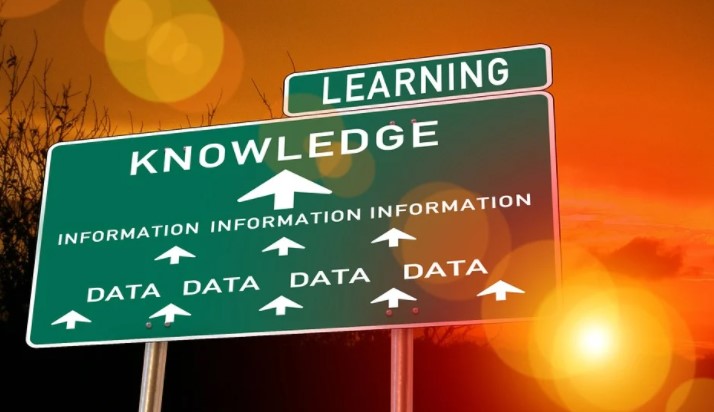ISO 30401 Knowledge management systems
Contents |
[edit] Introduction
The International Organisation for Standardisation (ISO) is an independent organisation responsible for the production of voluntary international standards. ISO has 165 member countries with a Central Secretariat based in Geneva. The name ISO is derived from the Greek ‘isos’ which means equal.
[edit] Summary
ISO 30401:2018 Knowledge management systems-Requirements provides guidelines for establishing, implementing, maintaining, reviewing and improving an effective management system for knowledge management (KM) in organisations. Its purpose is to support organisations in their development of management systems that effectively promote and enable value-creation through knowledge. It defines the requirements for KM systems and the successful implementation of KM.
The information provided within the standard incorporates levels of flexibility so the methods presented can be applicable to any organisation, regardless of its type or size, or the products or services it provides. ISO 30401 was prepared by the Technical Committee ISO/TC 260, Human resource management.
[edit] Framework
KM is the process of making the best use of knowledge within an organisation to achieve its objectives. It allows people to access and apply the most appropriate knowledge when it is needed and supports learning.
Prior to the development of ISO 30401, there was no global standard for KM. The lack of such standards was due in part to numerous barriers to successful KM as well as confusions with other disciplines (such as information management) and misconceptions about how to develop KM strategies. For instance, simply purchasing technology will not be sufficient for creating a suitable KM strategy. Accomplishing this task requires that organisations tailor their KM strategies to reflect their own business and operational environments as well as specific needs and desired outcomes.
The intent of ISO 30401 is to present viable KM principles and requirements as a framework for several applications, including:
- As guidance for organisations that aim to be competent in optimising the value of organisational knowledge.
- As a basis for auditing, certifying, evaluating and recognising such competent organisations by internal and external recognised auditing bodies.
In addition to important definitions and organisational analysis, the standard offers guidance regarding leadership, planning, support, operations, performance evaluation and improvement strategies. It also includes three annexes that explore different aspects of KM.
[edit] Related articles on Designing Buildings
- Beyond BIM: Knowledge management for a smarter built environment.
- Construction industry knowledge standard.
- Construction knowledge sources.
- International Organisation for Standardisation ISO.
- Knowledge management in construction.
- PD 7503:2003 Introduction to knowledge management in construction.
[edit] External resources
Featured articles and news
Do you take the lead in a circular construction economy?
Help us develop and expand this wiki as a resource for academia and industry alike.
Warm Homes Plan Workforce Taskforce
Risks of undermining UK’s energy transition due to lack of electrotechnical industry representation, says ECA.
Cost Optimal Domestic Electrification CODE
Modelling retrofits only on costs that directly impact the consumer: upfront cost of equipment, energy costs and maintenance costs.
The Warm Homes Plan details released
What's new and what is not, with industry reactions.
Could AI and VR cause an increase the value of heritage?
The Orange book: 2026 Amendment 4 to BS 7671:2018
ECA welcomes IET and BSI content sign off.
How neural technologies could transform the design future
Enhancing legacy parametric engines, offering novel ways to explore solutions and generate geometry.
Key AI related terms to be aware of
With explanations from the UK government and other bodies.
From QS to further education teacher
Applying real world skills with the next generation.
A guide on how children can use LEGO to mirror real engineering processes.
Data infrastructure for next-generation materials science
Research Data Express to automate data processing and create AI-ready datasets for materials research.
Wired for the Future with ECA; powering skills and progress
ECA South Wales Business Day 2025, a day to remember.
AI for the conservation professional
A level of sophistication previously reserved for science fiction.
Biomass harvested in cycles of less than ten years.
An interview with the new CIAT President
Usman Yaqub BSc (Hons) PCIAT MFPWS.
Cost benefit model report of building safety regime in Wales
Proposed policy option costs for design and construction stage of the new building safety regime in Wales.
Do you receive our free biweekly newsletter?
If not you can sign up to receive it in your mailbox here.























